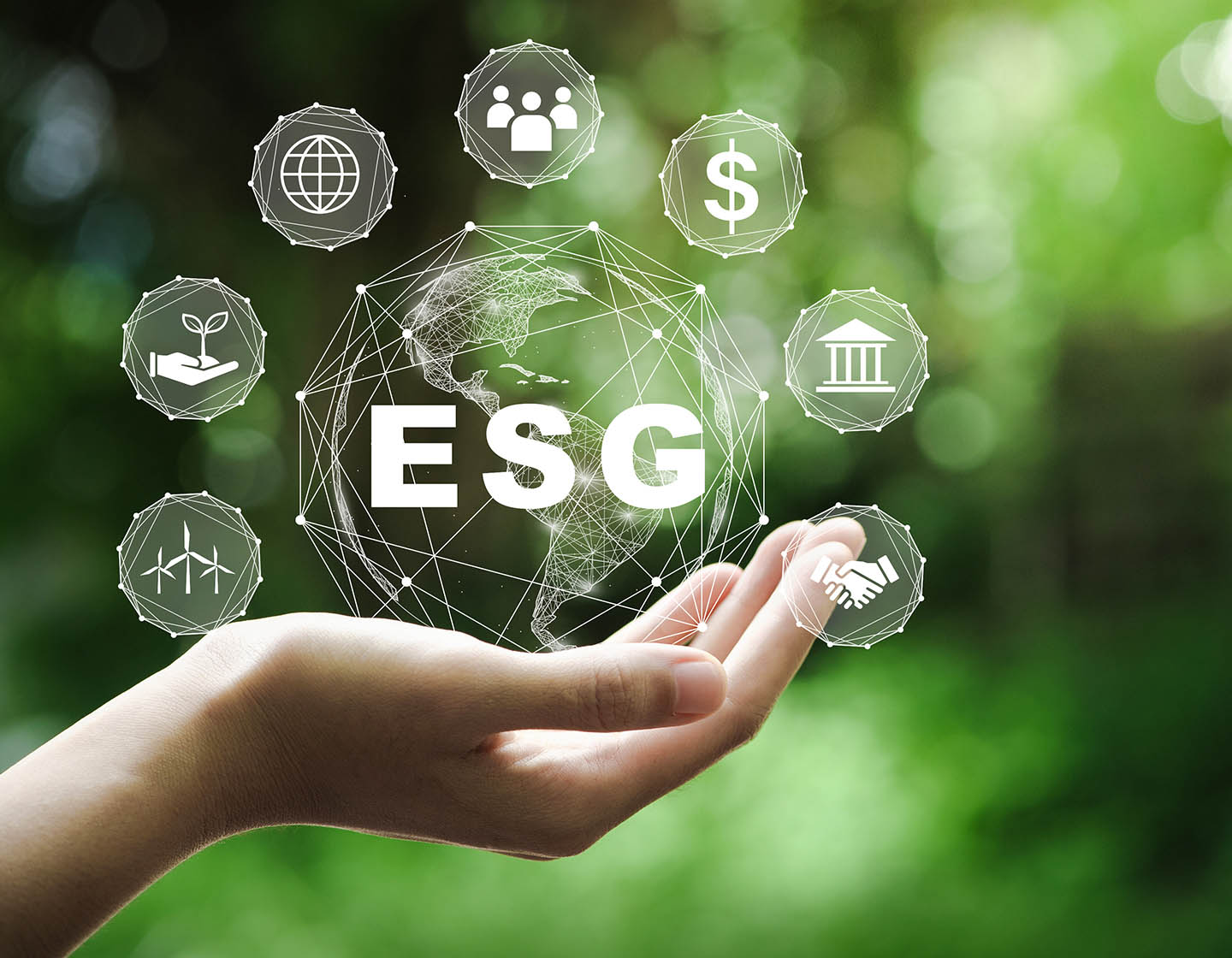How strong ESG strategies can help guard against business insolvency
The full effects of the pandemic, Ukraine war and energy costs are now slamming into economies around the world, pushing many companies close the edge.
A recent poll by KMPG found that 86% of CEOs are preparing for a recession. For many business leaders, the turbulent conditions mean that insolvency is now a significant threat. And the stark fact is that those companies with strong ESG strategies are more likely to push through the obstacles to growth and financial challenges.
The financial investment markets continue to signal long-term appetite for companies that are guided in part by the UN sustainability framework – and Bloomberg Intelligence advises that global ESG assets may surpass $50 trillion by 2025.
The environmental element is the most pressing challenge of the ESG trio. According to a recent study, the greatest single risk of climate change damages to the UK economy is from catastrophic disruption to the global economic system (worth 4.1% of GDP). The report says that foreign trade will, under current policies, cause a 1.1% fall in UK GDP as other countries experience losses from climate change.

Risks to business
So, what are the risks to businesses without agile and comprehensive sustainability policies? There is a growing consensus that companies which choose not to fully engage in ESG will be costed out of business, not least because the cost of capital will be prohibitive.
Banks are now looking closely at ESG ratings – the worse the rating, the more expensive the loan. Struggling companies would also lose access to the green bond market.
Having robust ESG policies embedded in business structures means that companies will have the twin win of massively reducing risks of bad publicity that would affect perceived value, and positive impacts on business operations.
Research by investment manager Federated Hermes shows that companies with poor ESG practices have historically underperformed over the long term and a study by Moody’s Analytics released found that a company’s ESG performance has a strong impact on its market value.
ESG is an increasingly essential framework for investors, policymakers and other stakeholders to assess and plan for risk mitigation. The ESG concept has been around since publication of the UN Global Compact Initiative’s “Who Cares Wins” report in 2004 and is rapidly replacing Corporate Social Responsibility as an effective means of identifying and reporting impact on the environment and society.
It also embraces the drivers for robust and transparent governance, focusing on company leadership, executive pay, audits, internal controls and shareholder rights.

ESG benefits
A business in trouble but with firmly embedded ESG practices can expect higher levels of support from lenders, investors, and even from buyers. The quality of ESG strategies will clearly have a big impact on the restructuring options available.
Robust ESG performance also opens avenues to funds from the sustainable finance market, including loans that link ESG-related KPIs with pricing rachets and better value “green” facilities.
Lenders and investors know that ESG issues present significant risks and can affect the business’s long-term financial performance, value and credit rating. According to the CBI, two-thirds of investors take ESG factors into account when investing in a company.
Lenders and investors focusing on a company in difficulties would take a very positive view of ESG policies that are actively reducing risks, for example, by policies that meet future environmental legislation. The business is a better bet for long-term growth than a competitor in similar difficulties but which has not taken effective regulatory ESG due diligence steps.
The trend is towards stricter ESG disclosure and reporting requirements for financial institutions, investors and advisers, which means that they will avoid companies in trouble that do not meet compliance rules.

Restructuring key points
For a company seeking to pull itself out of the financial mire, a key step in the process would be to evaluate current ESG policies, using expert partners and third-party ESG scoring companies, providing a comparison with competitors that can be used as a base to form an action plan for improvement.
In this context, there might be parts of the business which are negatively impacting ESG scores, in which case these elements could be spun-off or radically reformed. The complexities of ESG also dictate that it is pretty essential to draw on technical and legal expertise that would guide short-term steps and longer-term policy.
So under-performing elements of a business group could be positioned positively for activist investors seeking to transform ESG-poor companies, either via funds to enable internal reform or as a credible spin-off purchase.
Whatever potential solution is available, a business with strong ESG values that are well-matched with those of all stakeholders, including suppliers, employees and customers will stand a far better chance of clinching a deal.
SaveMoneyCutCarbon offers specialist skills in creating and developing ESG strategies and plans.
This article has been written by SaveMoneyCutCarbon and is correct at January 2023. This content does not constitute advice and is for general guidance and educational purposes only. It should not be circulated or used in presentations or materials without prior approvals and does not constitute legal advice or formal training. Always undertake your own research before taking any action. It is recommended that specific professional advice relevant to any particular or individual situation is sought before acting on any information given (© 2023 SaveMoneyCutCarbon.com)

